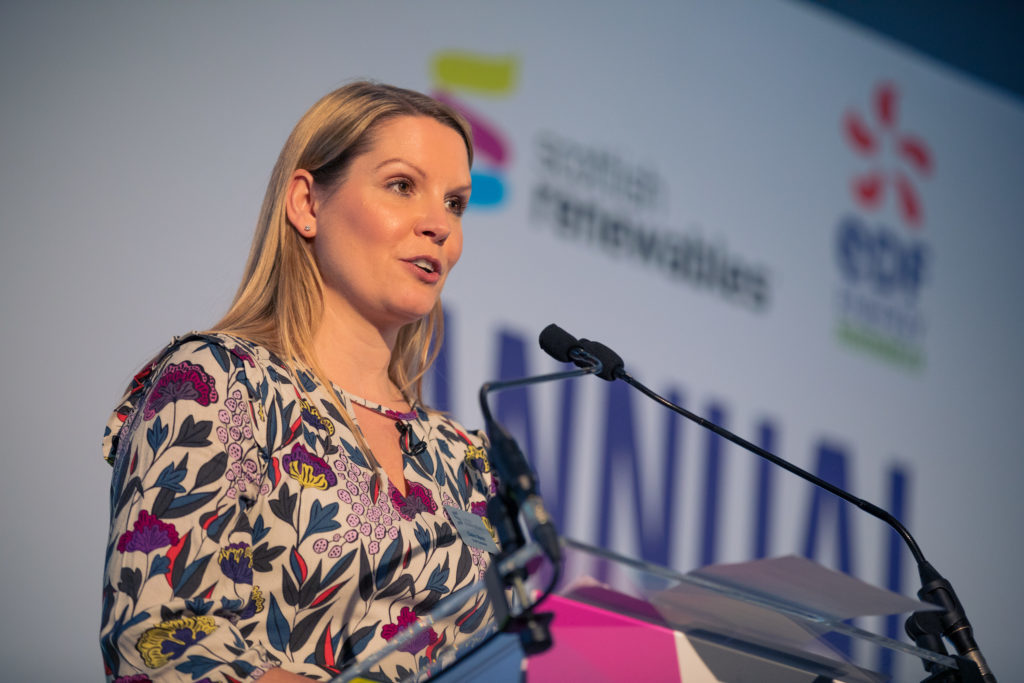
Scottish Renewables chief executive Claire Mack said yesterday that the “general uncertainty” caused by Brexit isn’t good for the Scottish renewable energy sector, but that the industry is “by no means the worst off”.
Ms Mack said collaborative efforts mean the Scottish renewables sector is “a bit better insulated” than others, but that Scotland’s ability to export knowledge could be hampered by its exit from Europe.
She said: “We are by no means the worst off in terms of Brexit, in terms of the sector. We’ve got very strong collaborations through international companies like EDF who will remain within the sector. I think there are real differences between the impact of Brexit – within the sectors, within Scotland – and we’re a bit better insulated than, say, food or drink for example, because we’re not reliant on the same movement of people.
“That’s not to say there aren’t impacts. Movement of kit, for example, as kit is imported from Europe so any tariff barrier introduced there would obviously have an impact. One of the aspirations of the sector is to be able to export our knowledge out so the ability to get people in and out of the country is really important.
“General uncertainty isn’t good for any industry seeking investment and that’s where we’re at, we’re a very investment hungry industry. But to be honest, some of the issues at a domestic level are looming a lot larger for us in the short to near term around about the route to market for some of our more established technologies and there are also issues around the support for less well established technologies where Europe has played a really pivotal role like wave and tidal and helping to get them moving along.”
Despite concerns surrounding the uncertainty brought about by Brexit, Ms Mack has a strong belief in Scotland’s ability to be a world leader in the renewable energy sector globally.
She’s been heartened by unwavering Scottish Government support.
Speaking at Scottish Renewables’ annual conference in Edinburgh, she said: “It’s an incredibly supportive environment here. There’s also the abundant natural resource too, which is a key part of that puzzle. Twenty-five percent of Europe’s key wind resource sits within Scotland so we’ve got a really clear competitive advantage.”
Ms Mack added:”We’ve got a well established consenting and planning system. People understand how that system works through the Crown Estate Scotland and also through the planning systems throughout the country.
“Offshore [wind] is something that came very quickly through that innovation pathway and I think that’s kind of the story of renewables in that everything has accelerated and particularly the innovation piece and cost reduction piece and I think a lot of it is just because we can. We have actually managed to work by learning, work by innovating to be able to make something like offshore wind a reality.”
Recommended for you
